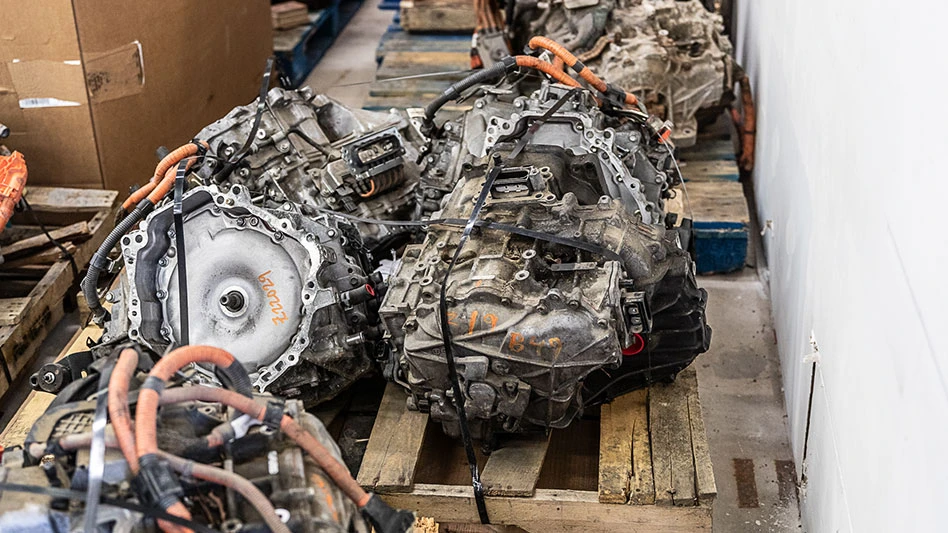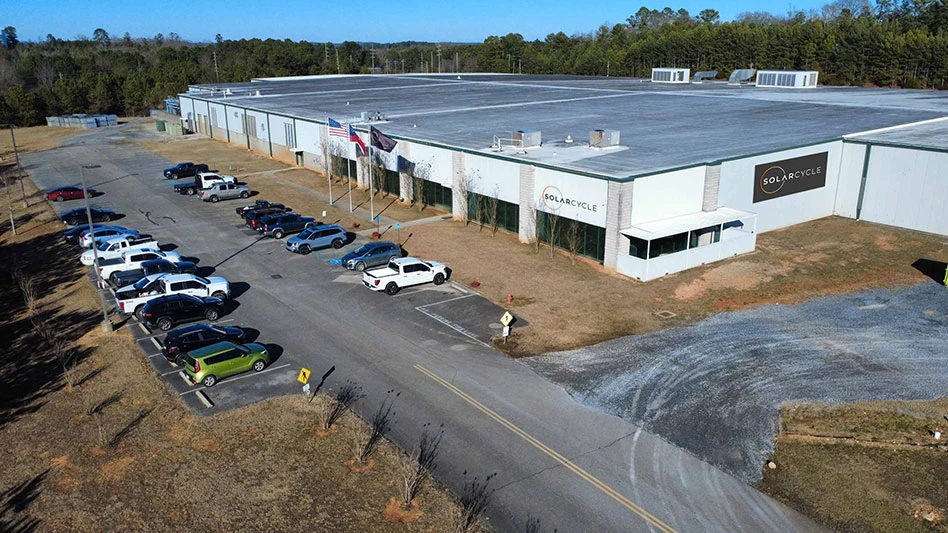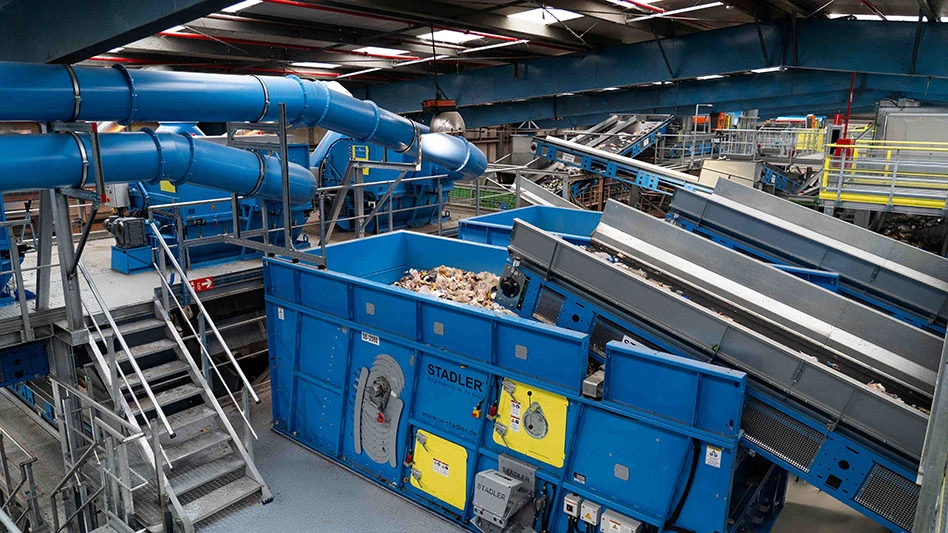Over the years, the practice of recycling materials has evolved. It has always seemed like a good idea, but as the number of people supporting this concept has increased, it has become more of an expectation or even a demand of consumers that products be recycled and reused whenever possible.
The Newport, Oregon-based asphalt producer and paving contractor, Road & Driveway Co., has recently jumped onto the recycling bandwagon. In late May, the company began producing asphalt containing 20 percent recycled material.
Ted Driesel, general manager of Road & Driveway, said the company recently invested about $200,000 in new equipment to allow them to incorporate the recycled material into their production. One of the keys in the new process is computer software that allows them to precisely regulate the mix, keeping it at 20-percent recycled and 80-percent new material.
The equipment is located at Road & Driveway's north county plant on Immonen Road. About 15 years ago, the company purchased the rock quarry there from Oceanlake Sand & Gravel. Later on, they spent around $1 million for a mobile asphalt plant, which was brought onto the site and is now entering its fifth season of making asphalt at this location.
"This is a higher production facility," said Driesel. "It is a newer plant, and so it runs more efficiently." And this plant is environmentally friendly, he added, with no emissions being put into the air.
With Road & Driveway now using recycled material in its asphalt production, the company will no longer be charging contractors to dump asphalt there. "We were charging people as a dump site," Driesel said. "We're not charging now, and they can dump at any of our three locations in Newport, Waldport and Lincoln City."
Driesel sees this as a win-win situation because a lot of dump sites don't want old asphalt as fill material, whereas Road & Driveway now has a use for it.
At the plant on Immonen Road, the old asphalt is run through a crusher, where it is essentially brought back to its natural form. After it is loaded into a hopper, it is further crushed so that it doesn't clump together, and then it is taken on a conveyor belt to be mixed with the other materials.
Latest from Recycling Today
- Volatility wave hits copper pricing
- ArcelorMittal legal battle with Italy continues
- Altor program boosts EPS recycling
- IP to spin off non-North American operations
- Flexible Film Recycling Alliance report outlines progress
- RERF opens Avagliano award nominations
- Eriez expands European sales network
- Gränges increases sales volume in 2025





